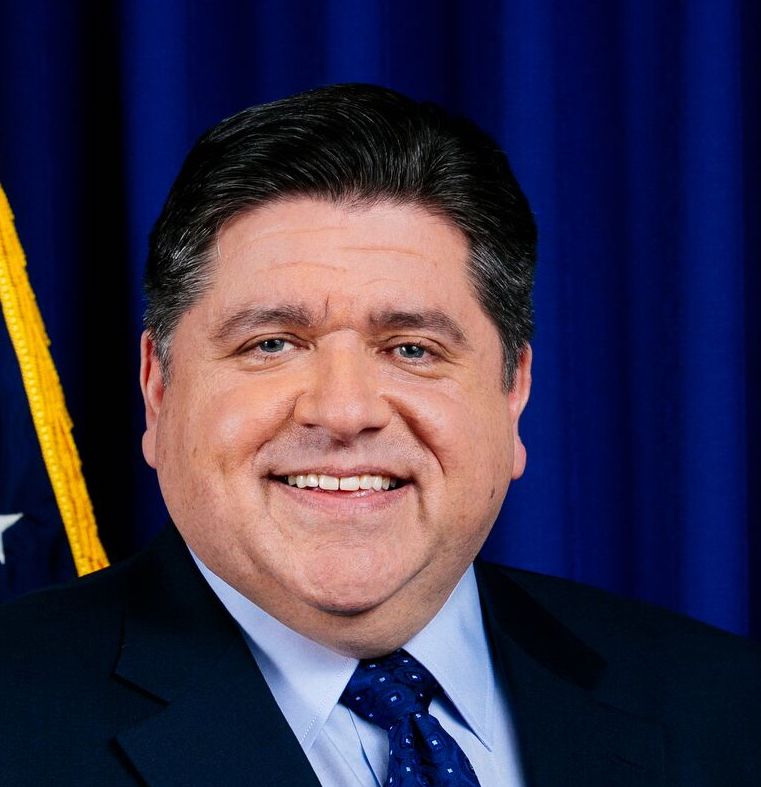The Illinois State Assembly has passed a bill to create an in-home palliative care benefit for children facing life-limiting conditions. The legislation will now go to Gov. J.B. Pritzker (D) for signature. Stakeholders told Hospice News that the measure could signal advancement on establishing a national palliative care benefit.
The Pediatric Palliative Care Bill (SB.2384) aims to make community-based, interdisciplinary palliative care services more accessible to patients and reimbursable for providers. Patients would be able to receive curative treatments in tandem with these services.
The bill would allow more families in Illinois to get benefits sooner rather than later, according to Laurie Mungoven, pediatric team coordinator and registered nurse for Lightways Hospice and Serious Illness Care. Formerly the Joliet Area Community Hospice, Lightways rebranded this May to reflect the organization’s growth plans and expanded range of services, including pediatric care.
“It’s beneficial to the patient and the family to have people there with specialized knowledge and skill to help explain what’s going on, when it might be a good time to change from palliative care to hospice, or to help them to just look at things a little differently and have someone outside of that critical care team,” Mungoven told Hospice News.
State Sen. Laura Fine (D-9th District)) introduced the bill on Feb. 26. Bipartisan co-sponsors included seven state representatives and four state senators.
The bill’s language cited a lack of an appropriate, pediatric-focused reimbursement structure as a significant barrier for children and their families.
Should the program prove successful in Illinois, it could serve as a model for establishing a national palliative care benefit, according to Sara Dado, Lightways’ senior director of clinical programs. Establishing a dedicated community-based palliative care benefit within Medicare has been a critical goal for many providers nationwide.
“It’s innovative that we have an opportunity to do this in the state of Illinois under our paid programs to then see how we could leverage it and also use it for an adult palliative care benefit as well — that’s definitely one of the goals,” Dado told Hospice News. “If this program works for kids, why wouldn’t a similar type of program of a specialized palliative care benefit also work for adults?”
Community-based pediatric palliative services help to prevent hospitalizations, improving patients’ quality of life while reducing health care costs, the bill’s language indicated. The bill restores language from the Illinois Department of Healthcare and Family Services making certain reimbursable services offered under the pediatric palliative care program subject to federal approval for matching funds for Medicaid-certified providers.
The bill has been in the works for the past decade, according to Kristen James, executive director of the Greater Illinois Pediatric Palliative Care Coalition (GIPPCC).
“What we’re providing is a home-based, comprehensive service that understands and appreciates the unique developmental, psychosocial, cognitive, physical needs of a seriously-ill child and their family, and really bring that specialized care into the home to them much earlier,” James told Hospice News. “Pediatric palliative care really brings in that emotional support not just for the child, but also the siblings and the family system within the home.”
While many Illinois providers consider the bill a win, they will need to take steps to prepare their organizations to participate. This could include hiring and training additional staff.
“We’ll now have to have an initiative that will train and educate providers on pediatric palliative care,” said Dado. “We want to make sure hospices have confidence and competence in caring for that family, but we also want to make sure larger programs have the support they need and the funding to develop a robust pediatric palliative care program.”
Patients 21-years-old or younger are eligible to enroll in the state-funded medical assistance program if they have been diagnosed by a primary care physician or specialist as “suffering from a serious illness.” Reimbursement parameters and rates for pediatric palliative care services remain undetermined. GIPPCC is currently working with the state’s Medicaid agency to determine rates, according to James.
“What we’re going to be working on over the next several months is how do we match what CMS will reimburse with what we know families need and what families want? The bill provides the scaffolding for that,” said James. “It’s time for us to develop the regulation, and much of that regulation will be dependent upon how we can secure CMS matching funds.”
Companies featured in this article:
Greater Illinois Pediatric Palliative Care Coalition, Lightways Hospice and Serious Illness Care



